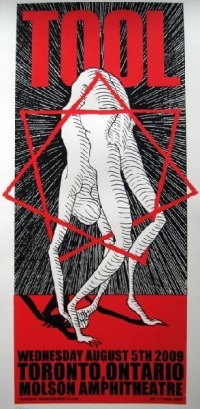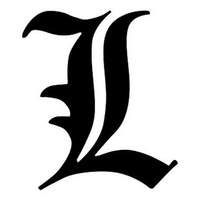
Отличия между Монгольской империей и Золотой Ордой БЕЗ СПАМА
 0
0
 0
0
Ответы на вопрос
 Внимание! Ответы на вопросы дают живые люди. Они могут содержать ошибочную информацию, заблуждения, а также ответы могут быть сгенерированы нейросетями. Будьте внимательны. Если вы уверены, что ответ неверный, нажмите кнопку "Пожаловаться" под ответом.
Внимание! Ответы на вопросы дают живые люди. Они могут содержать ошибочную информацию, заблуждения, а также ответы могут быть сгенерированы нейросетями. Будьте внимательны. Если вы уверены, что ответ неверный, нажмите кнопку "Пожаловаться" под ответом.

Ответ:
Монгольская империя была сильнее, и у них было больше земель, чем у Золотой Орды. Золотая Орда была внуком Чингисхана. Золотая Орда была мусульманским царством.
Столица: Монгольская империя Каракорум, Золотая Орда - Сарай - Бату / Сарай - Берке. Официальный язык: монгольский в Империи, кипчакский в Золотой Орде.
Территории: Монгольская империя, Китай, Средняя Азия, Иран, Корея, Россия, Урал и Поволжье. Золотая Орда - Поволжье, Казахстан, Урал, Кавказ, Сибирь, Черное море.
 0
0
 0
0

Differences between the Mongol Empire and the Golden Horde
The Mongol Empire and the Golden Horde were both significant entities in history, but they differed in several ways. Here are some key differences between the two:
1. Origins and Founding: - The Mongol Empire was founded by Genghis Khan in 1206 and encompassed a vast territory stretching from Eastern Europe to Asia. - The Golden Horde, on the other hand, was a Mongol state that emerged after the death of Genghis Khan. It was established by his grandson, Batu Khan, in 1242 and primarily controlled the western part of the Mongol Empire, including present-day Russia and parts of Eastern Europe.
2. Geographic Extent: - The Mongol Empire was the largest contiguous land empire in history, covering a vast area that included modern-day Mongolia, China, Central Asia, the Middle East, and parts of Eastern Europe. - The Golden Horde, while a significant power, had a more limited geographic extent. It primarily controlled territories in Eastern Europe, including parts of Russia, Ukraine, and Kazakhstan.
3. Political Structure: - The Mongol Empire was a centralized and hierarchical state, with Genghis Khan as the supreme ruler. It was divided into several khanates, each led by a descendant of Genghis Khan. The empire was characterized by a highly efficient military administration and a system of tribute collection from conquered territories. - The Golden Horde, as a part of the Mongol Empire, had its own political structure. It was led by the Khan of the Golden Horde, who was a descendant of Genghis Khan. The Khan had significant autonomy but still owed allegiance to the Great Khan, the supreme ruler of the Mongol Empire.
4. Cultural Influence: - The Mongol Empire had a profound impact on the regions it conquered. It facilitated cultural exchange and trade along the Silk Road, leading to the spread of ideas, technologies, and goods between East and West. The Mongols also promoted religious tolerance and supported the flourishing of various cultures and religions within their empire. - The Golden Horde, while influenced by Mongol culture, also had interactions with the local cultures of the territories it controlled. Over time, the Golden Horde assimilated some aspects of the local cultures, resulting in a unique blend of Mongol and local traditions.
5. Legacy: - The Mongol Empire left a lasting legacy in world history. Its conquests reshaped political boundaries, facilitated cultural exchange, and influenced the development of various states and empires in the centuries that followed. - The Golden Horde, although it eventually disintegrated, played a significant role in the history of Eastern Europe. Its presence shaped the political landscape of the region and had long-lasting effects on the development of Russia and other Eastern European states.
It's important to note that while these differences provide a general overview, the Mongol Empire and the Golden Horde were complex entities with nuanced histories. Further research can provide a more comprehensive understanding of these fascinating historical periods.
I hope this information helps! Let me know if you have any more questions.
 0
0
 0
0
Похожие вопросы
Топ вопросов за вчера в категории История
Последние заданные вопросы в категории История
-
Математика
-
Литература
-
Алгебра
-
Русский язык
-
Геометрия
-
Английский язык
-
Химия
-
Физика
-
Биология
-
Другие предметы
-
История
-
Обществознание
-
Окружающий мир
-
География
-
Українська мова
-
Информатика
-
Українська література
-
Қазақ тiлi
-
Экономика
-
Музыка
-
Право
-
Беларуская мова
-
Французский язык
-
Немецкий язык
-
МХК
-
ОБЖ
-
Психология
-
Физкультура и спорт
-
Астрономия
-
Кыргыз тили
-
Оʻzbek tili





















